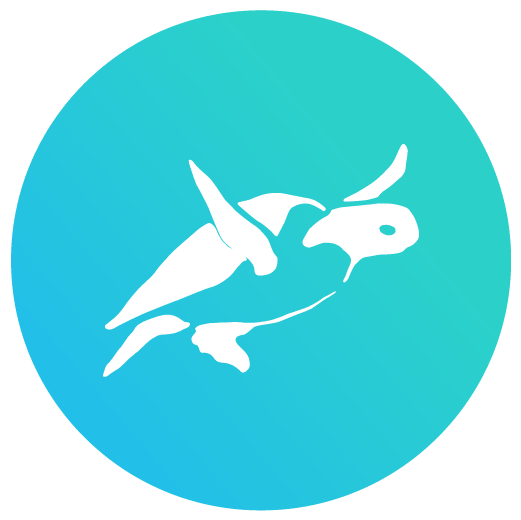Welcome to our August newsletter! On the blog last month, we talked about the art of being a conscious consumer. Conscious consumerism means shopping in ways that make a positive social, environmental or economic impact. From the food we eat to the clothes we wear, every spending choice we make has an impact on the world in which we live. Check out seven great tips here.
If you’ve been thinking about taking the plunge and getting a regular bulk toilet roll subscription we’ve listed some great reasons why it can save you time and money while being kinder to the earth. You can read more here.
Good News Stories
While we know that climate change and the ongoing pollution of our oceans is a serious matter, it’s not all doom and gloom, with plenty of positive news and action happening around the globe. Here’s a round-up of some feel-good eco news this week.
1 -Scientists have discovered six new species
A 2011 study estimated there to be almost 9 million species on Earth. Of that 9 million, we've only identified about 1.6 million. In 2021, scientists have named six new previously undiscovered species, including the orange-furred bat, which hails from Guinea, and the nano-chameleon from northern Madagascar. Another exciting find was a subspecies of whale called Rice’s Whale in the Gulf of Mexico. “Even something as large as a whale can be out there and be really different from all the whales, and we don’t even know it,” says marine scientist Patricia Rosel. “It really brings to light the urgent need of conserving and protecting animals… and making sure we don’t lose marine mammal species.” Other discoveries include two new species of screech owls and iridescent sharks.


Cécile Brasseur via Unsplash
2 - Farming seaweed can help slow down climate change
Seaweed has been removing carbon dioxide from the atmosphere for at least 500 million years. Start-ups such as Maine-based Running Tide hope to help this process along by farming seaweed for the express purpose of sinking it and locking down its carbon. Shopify has already agreed to be the first purchaser of the resulting carbon offsets. Seaweed farming could conceivably scale up enough to offset the carbon produced by the US’ aquaculture industry (300,000 metric tons per year).
3 - New Zealand is set to ban most single-use plastics by 2025
New Zealanders will be saying goodbye to single-use plastics – bags, ear buds, spoons and straws – as the government attempts to match the country’s reality to its “clean green” reputation. The bans will be phased in between 2022 and 2025 and officials estimate it will remove more than 2 billion single-use plastic items from the country’s landfills and environment each year.

(O'neill Bay, New Zealand) Samuel Ferrara via Unsplash
4 - LEGO develops recycled bricks from empty bottles
Toy giant Lego has created its first prototype bricks using recycled PET plastic from discarded bottles. Created as part of the company's drive to make all its products from sustainable materials by 2030, the brick prototypes were created from recycled polyethylene terephthalate (rPET), a common thermoplastic used for products such as bottles and clothing.
5 - A new ecolabel for 'Whale-Safe' cruise ships
A new eco-label will certify freight and cruise companies that take steps to keep their ships from colliding with whales. To earn the label, companies must have 24/7 monitoring aboard their ships, share whale observation data through a digital platform, have procedures in place to act if a whale is sighted, and follow local speed and navigation rules.

Todd Cravens via Unsplash

Todd Cravens via Unsplash
Did you know?
A one-litre plastic bottle supplies enough raw material for around 10 2x4 Lego bricks.
Thanks for keeping our oceans clean and forests green!
Pure Planet Club Team




